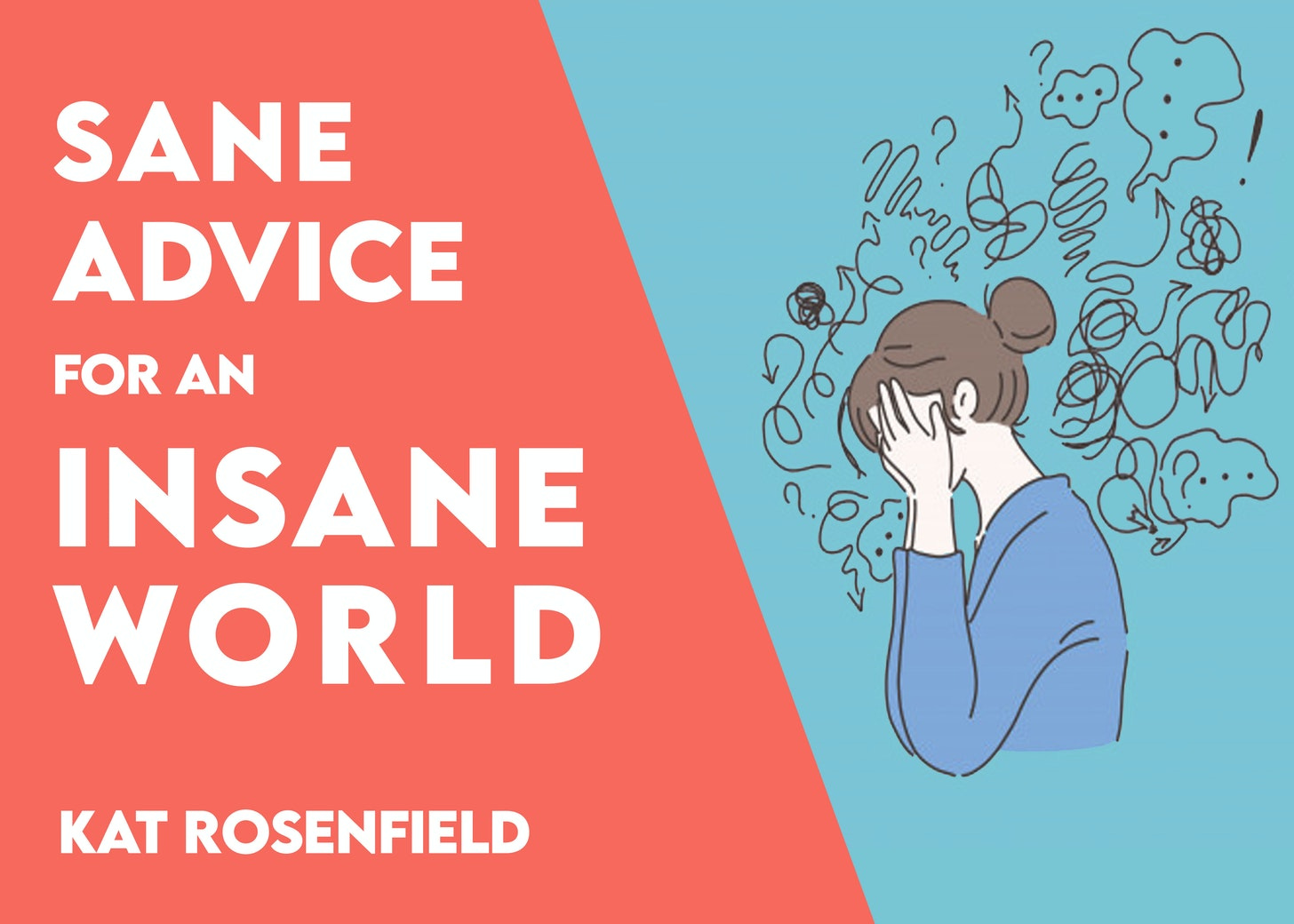My family hates my politics. How do I respond? Fight or flight?
And other questions for Persuasion’s advice columnist
I read conservative articles that my leftist family scorns. Should I hide my views from them? I—a slightly right-of-center Lutheran—have been home for the holidays with my progressive secular family. They are concerned that I’m slipping into right-wing extremism just because I subscribe to a center-right outlet like The Dispatch. I make an effort to consider hard-left arguments too, but they won’t read arguments from the center-right. Short of bending the knee entirely, how do I keep the peace at home? And how do I avoid being labeled a heartless Christian?
Allow me to answer your “how” with a question of my own: why?
As in, why do this? Do you really want to put on a show of political open-mindedness, trying to prove to your family that there’s no right-wing extremist bogeyman under your bed? Isn’t there literally anything else you would rather be doing with your one, precious, beautiful life as we enter a new year? Not only is it very hard to believe that this is what you want, I can’t imagine that it’s what your family wants. Don’t you guys have board games to play, or a Netflix queue to catch up on?
So, rather than persisting in this exhausting and fruitless attempt at managing your political reputation, here’s a better idea: Stop it. You don’t have to bend the knee, either; you just have to blink first. Be the person who has the wisdom, integrity, and heart to say: “Family, I love you too much to waste our time together arguing about politics, and doing homework assignments to prove that I’m not a scary right-wing extremist. You should know me well enough to know that this is not the case, but regardless, I’m done. I’m here to enjoy the pleasure of your company, and I look forward to doing just that.”
And once you’ve taken this position, stick to it. That might mean changing the subject when politics comes up. (Them: “I can’t believe you subscribe to The Dispatch.” You: “So, how’s your cat doing?”) Or it might mean grabbing your coat, and going for a walk if you’re being harangued. (“I meant it when I said I don’t want to fight about this stuff anymore. Be back in a bit!”) And, yes, this will be a challenge at first: Not only will you have to remain stoic in the face of your family’s reactions, but your family will have to get used to the idea that you are no longer manipulable on this front. Until now, your dynamic has been as follows: They threaten the loss of their approval, and you start dancing around in a desperate attempt to keep it. It is going to be weird for everyone the first time you shrug and say, “You’re entitled to think what you like, but I don’t have to prove anything to you.” But it will be less weird thereafter, and eventually, it will be your new normal, which should make future gatherings happier, healthier and relatively conflict-free. Unless, of course, someone starts cheating at Scrabble, in which case all bets are off.
Need advice? Send your questions to Kat at persuasion.advice@gmail.com. We will, of course, preserve your anonymity.
I want to write novels, but I worry that there’s no place for me in the literary world. I’m heading toward a master’s degree in creative writing in hopes of spending my life crafting novels and teaching young people to do the same. There’s a problem, though: I write literary fiction, and my favorite authors are Tolstoy, Vonnegut, Woolf and Fitzgerald. But some people nowadays consider classic literature to be racist because of the views of those times that are deemed offensive. I’m also unimpressed by young-adult (YA) fiction, which is so popular today. Am I making a mistake with my life?
On the one hand, it’s easy to be discouraged by the tone and content of the online literary discourse, which is often driven by not-especially-literate people who see books primarily as a political instrument, and don’t actually enjoy reading all that much.
On the other hand, bad literary takes among the too-online only translate to so much impact on the culture, so let’s not lose our minds just yet. For instance, take the YA-vs-classics beef (the one that spawned the now-notorious rant by YA author David Bowles, in which fans of the Western literary canon were referred to as “disgusting worms”): As soon as that controversy gained attention, the tide turned, and it became clear that cancelling the classics was a deeply unpopular idea with virtually everyone except a small group of strident activists.
Of course, that small group can wield disproportionate influence in certain spheres, which is why it’s important to keep the discussion going even (and maybe especially) when people are trying to silence dissenting voices. This is not to say we should be assholes about it; there’s no need to start a “YA is Bad” backlash just because some silly people think that Shakespeare is hate speech. But people who value literature must be able to talk about this stuff, to collaborate on worthwhile efforts (e.g. to diversify reading lists), and to push back against foolish ones (like, say, the absurd notion that valuing literacy is itself a manifestation of white supremacy). And, much like literature itself, that conversation only benefits from having more and different voices in it—including yours. So hang in there.




Good responses this week, Kat
I adopted a "no politics" stance with my birth family years ago, with great results. Granted, this is only two-three days a year. It wouldn't work with constant contact, I don't think. Also, there is no jerk in my family who won't leave the subject alone. That wouldn't work, either.